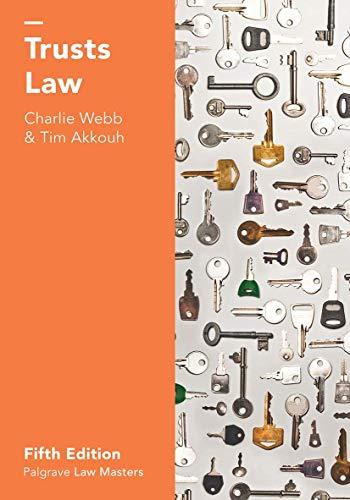Question
In law enforcement agencies, unions play a crucial role in representing officers' interests and negotiating collective bargaining agreements. Let's delve into the intricacies of union
In law enforcement agencies, unions play a crucial role in representing officers' interests and negotiating collective bargaining agreements. Let's delve into the intricacies of union representation by exploring two fundamental questions:
Why are the union's chief negotiators not usually a member of the union they represent?
- Discuss the rationale behind this practice and the potential benefits and drawbacks of having non-union members serve as chief negotiators.
- Explore how this arrangement impacts the negotiation process and the relationship between union leadership and union members.
When the union takes an officer's grievance to arbitration, what is the most common reason for the grievance?
- Examine common grievances brought forth by officers and analyze the underlying reasons behind these grievances.
- Consider how factors such as disciplinary actions, workplace policies, and labor disputes contribute to grievances reaching arbitration.
- Discuss the implications of frequent grievances on labor relations within law enforcement agencies and strategies for addressing underlying issues.
Engage in a thoughtful discussion, drawing upon your understanding of labor relations in law enforcement, personal experiences, and insights from course materials. Share your perspectives on these questions and consider the broader implications for union representation and collective bargaining in policing.
Step by Step Solution
There are 3 Steps involved in it
Step: 1

Get Instant Access to Expert-Tailored Solutions
See step-by-step solutions with expert insights and AI powered tools for academic success
Step: 2

Step: 3

Ace Your Homework with AI
Get the answers you need in no time with our AI-driven, step-by-step assistance
Get Started


